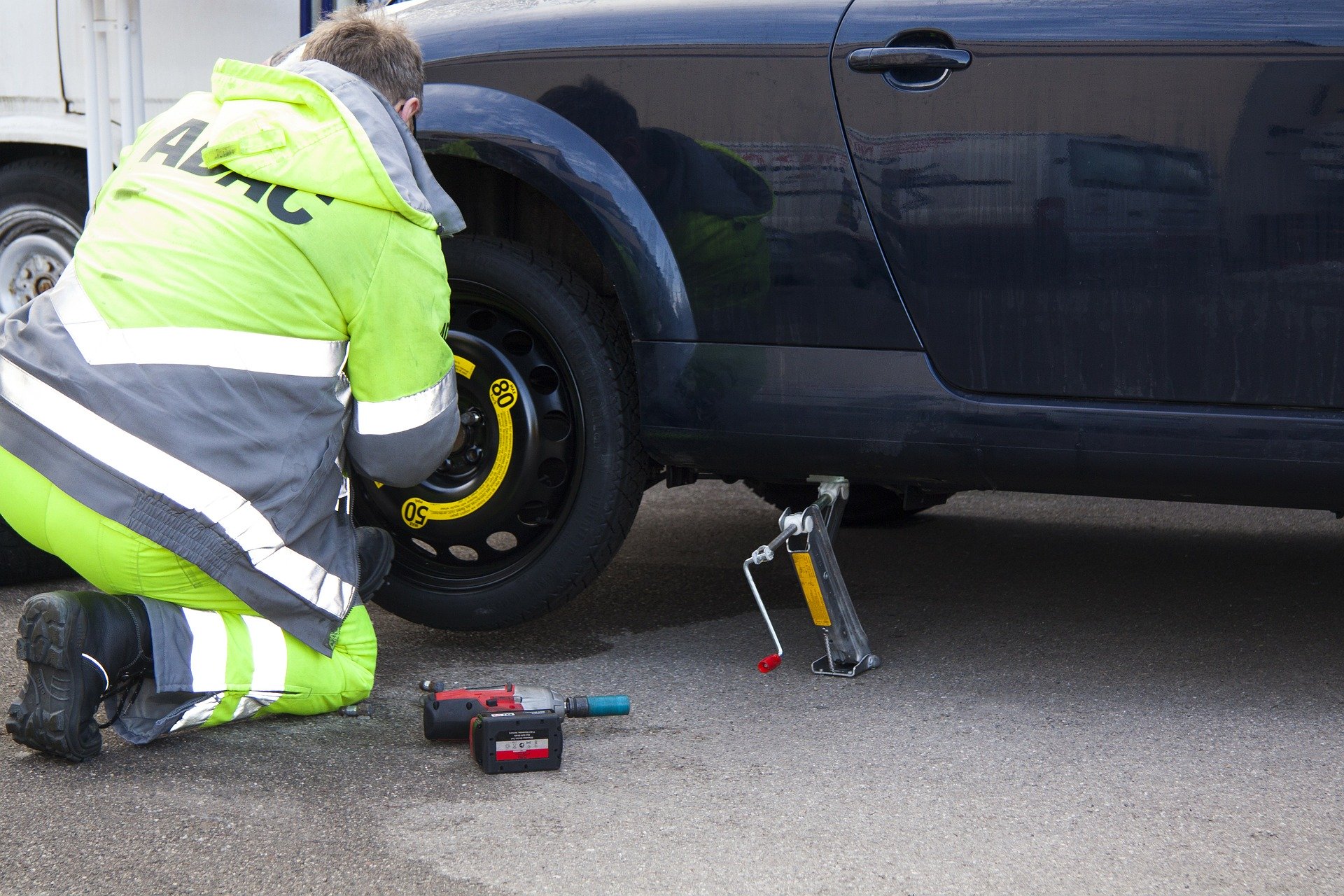
Whilst breakdown cover is not a mandatory legal requirement, it often forms a recommended part of your motor trade insurance policy, offering you and your van fleet peace of mind. If you break down, being able to get someone to get your van moving again or to get you home safely is key to maintaining your business operations.
A recent report in the Daily Express newspaper disclosed that the AA registered a reduction in the number of weekly vehicle breakdowns on UK roads from the usual 60,000 recovery incidents to 34,500 as traffic levels fell due to Covid-19. But a reduction in road traffic doesn’t mean that you should ignore breakdown cover altogether as it still provides a crucial service, particularly on your motor trade or fleet policy.
What is Breakdown Cover?
The most basic breakdown policy means your van or car can be fixed at the roadside or towed to the nearest local garage. It doesn’t normally provide cover if your vehicle breaks down nearby your home or doesn’t start in the morning at home.
If you have recently bought a brand-new van or car it sometimes comes with free of charge breakdown assistance, so you should check to make sure that you aren’t already covered.
There are normally two types of breakdown policies as part of your motor trade insurance: personal cover and vehicle breakdown cover. Before you commit you need to think about the option that suits you best.
Personal cover means you are covered in any vehicle you drive - or are a passenger in. If you drive more than one van, you are covered for any van in that fleet. And if you are a passenger in someone else’s vehicle and they don’t have breakdown cover, you will still be covered. However, if you are not with the vehicle when it breaks down (for example, your family car), it won’t be covered and if someone else drives the car or van, they’ll need personal cover too.
Vehicle breakdown cover means that only a certain vehicle will be covered, whoever is driving it when it breaks down. If you only drive one vehicle, this could be a cheaper breakdown cover option. If this is the family car, whoever is driving it benefits from breakdown cover. And you can cover up to three vehicles.
In summary, if you drive just one car or van then vehicle cover is best for you, but if you drive several different vans then personal cover is be your soundest choice. This is particularly applicable for those in fleet management.
Who Needs Breakdown Cover?
Anyone in the motor trade should take out some form of breakdown cover, from the fleet manager, to the self-employed van courier, private hire long distance taxi driver and even an ice cream van business. It gives you great peace of mind when the unthinkable happens. And it usually happens where and when you least expect it. Think M62 in the depths of winter.
If you drive on a regular basis, it’s a great idea to have breakdown cover as it means you can call for help to get back on the road or transported to somewhere safe while repairs are carried out. The risk of being without breakdown cover is perilous - you could be left helpless and on the receiving end of a massive garage bill when you do manage to call a recovery service for help, especially if it’s a Sunday or bank holiday.
This type of cover is available from several sources such as third-party providers, or as part of motor trade or van fleet insurance policy.
What’s Included in Breakdown Cover?
Roadside Assistance or Roadside Recovery is usually standard in breakdown cover. This means that a person will drive to you if you’ve broken down away from home or base. If your vehicle can’t be fixed there and then, this type of policy usually includes a tow to a local garage.
Vehicle Recovery means that if your car or van can’t be fixed, it will be towed to a destination of your choice. This could prove invaluable. Imagine breaking down 30 miles from home late at night - if your car isn’t fixed and running again, at least you and your family will get home safely. If your car can’t be fixed at the roadside, you and your passengers can be moved to your UK destination of choice.
Home Start means you can get help at home, which includes a flat battery, one of the most common causes of van or car breakdowns. If you have a local courier business with short distances, this might be your best type of cover to get you up and running on the day.
Onward Journey cover makes sure you get to where you need to be if your car can’t be fixed quickly. And it can include a courtesy car, overnight accommodation or public transport back home. If you are driving in Europe, you should look for short-term cover for the duration of your trip or holiday.
Other options include Key, Tyre, Battery replacement but remember that parts and labour are not typically included in breakdown recovery.